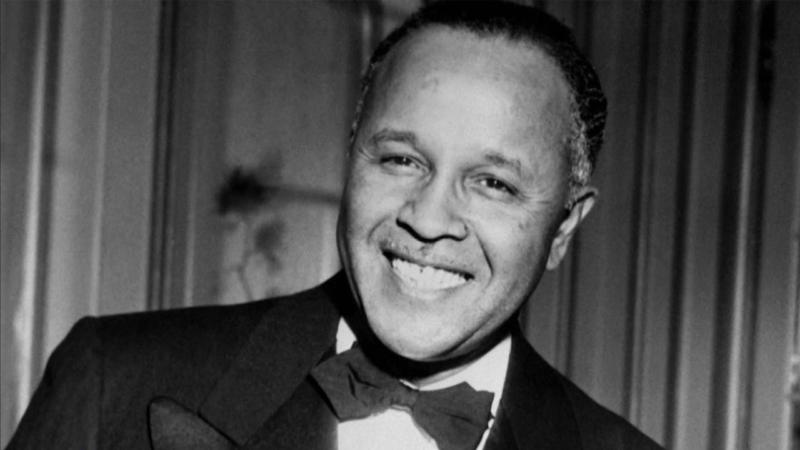You may not have heard of Percy Lavon Julian, but chances are you’ve used a product his groundbreaking research was responsible for. Julian was a twentieth-century research chemist whose work in chemical synthesis laid the groundwork for synthesizing estrogen, progesterone, and testosterone used to treat those with hormone deficiencies. He also developed process improvements in the production of cortisone, used to treat rheumatoid arthritis, and corticosteroids used to treat various illnesses.
Despite his substantial accomplishments, Julian faced considerable racism throughout his career. Born in 1899 to a postal worker, James Julian, and a schoolteacher, Elizabeth Adams in Montgomery, Alabama, the younger Julian and his five siblings were steered toward education at a young age. However, upon attending DePauw University in Indiana, Julian could not live in the dormitory at his own college due to segregation. In fact, it took days for him to find a place to eat. Nevertheless, he graduated from the university in 1920 as its valedictorian.
He attempted to pursue a doctorate in chemistry and obtained a master’s degree from Harvard University. However, Harvard rescinded his admission shortly after completing it, fearing that white students would not want to be taught by a Black professor. He eventually completed his doctorate from the University of Vienna.
He taught for a year at Howard University, then married Anna Roselle, with whom he would have children. He worked at DePauw University as an instructor but was denied a professorship given his race. He then sought a role in the private sector but was turned down from DuPont before landing at the Glidden Company, where he began working on the isolation of soy protein for commercial use. His careful work doing so resulted in a compound that could be successfully used to fight fires, which was quickly applied by the U.S. military during World War II.
At Glidden, Julian began working on hormone synthesis and steroid development in 1940. However, despite Julian’s advancements, Glidden was unable to use them to make a profit. Despite his success, Julian still faced discrimination. He moved his family to Oak Park in 1950, and shortly after that, his home was firebombed on Thanksgiving Day. A year later, dynamite was planted at the house. However, much of the nearly all-white community galvanized behind the Julian family.
Glidden left the steroid business in 1953, leaving Julian to develop his own laboratory. He continually improved steroid production methods. However, a consortium of large pharmaceutical companies retained control over the market, and he too was unable to profit. He eventually sold his company for $2.3 million, after which he founded and managed a research institute.
By the time of his passing in 1975, Julian had become the first African-American chemist inducted into the National Academy of Sciences and had received more than 130 chemical patents. His applied research is still widely used today.


